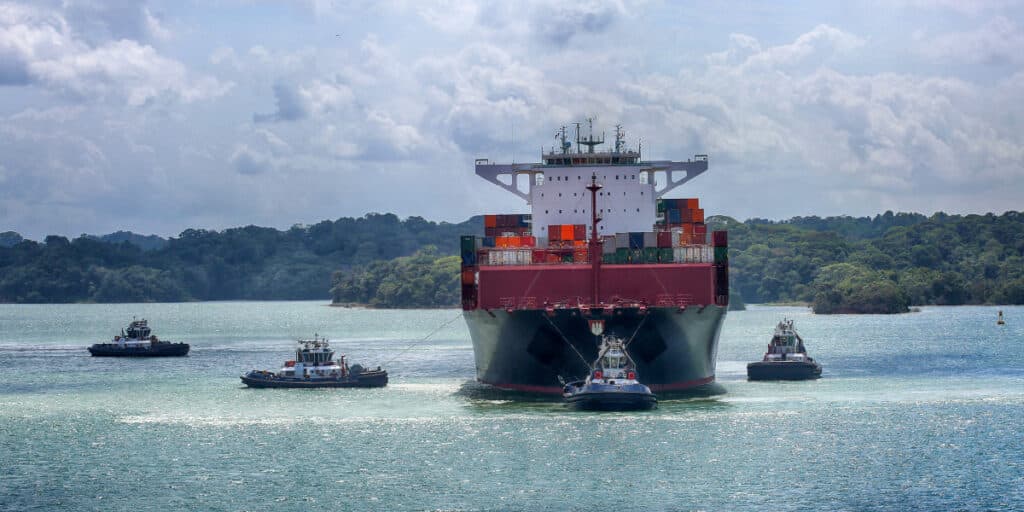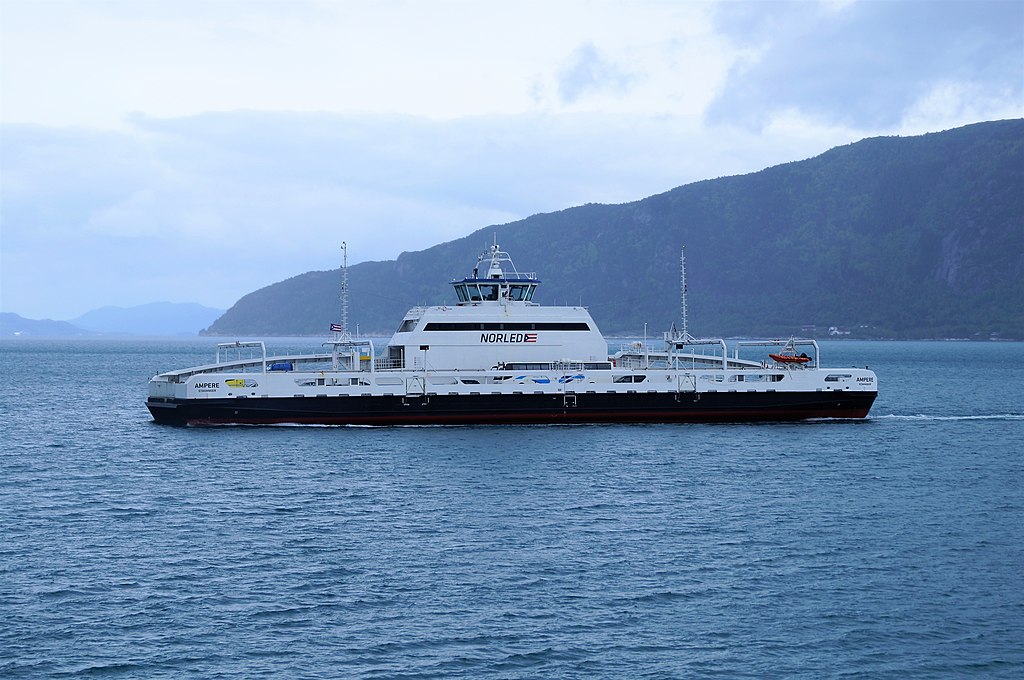Electric Ship Industry Growing Fast, Reshaping the Future of Maritime Transportation
ResearchAndMarkets.com released Electric Ships Strategic Industry Research 2023-2024 & 2030: Focusing on over 35 Key Players Including ABB, Akasol, Anglo Belgian Corp, Bae Systems, and Corvus Energy.
The research by ResearchAndMarkets.com showed that the global electric ship market, valued at $7.8 billion in 2023, is projected to grow to $15.7 billion by 2030 at a CAGR of 10.5%. This growth reflects the maritime industry’s shift toward sustainable solutions, with electric ships leveraging large battery systems or fuel cells to power propulsion. These technologies significantly reduce greenhouse gas emissions, aligning with global decarbonization goals and regulatory pressures to minimize emissions.
Norway leads the adoption of electric ferries powered by renewable energy, setting a benchmark for countries like China, Japan, and the U.S., which are advancing similar initiatives. Electric ships, both fully electric and hybrid, offer quieter, more efficient transportation options with reduced environmental impact, supporting the broader transition to cleaner energy in high-emission sectors.

Corvus Energy to Supply Battery Systems for 10 New Hybrid Tugboats Servicing the Panama Canal
In May 2024, the Panama Canal Authority placed an order for ten hybrid tractor tugboats from European shipbuilder Astilleros Armón, with an option to purchase an additional ten similar vessels. The contract, valued at $150 million, was signed in October 2023. Each tugboat will measure 30 meters and have a 70-ton bollard pull. Corvus Energy will supply the battery systems for these hybrid-electric vessels, marking a significant step in the Panama Canal Authority’s efforts to modernize and reduce the environmental impact of its fleet.
What Is Driving Growth in the Electric Ships Market?
The electric ships market is experiencing significant growth, driven by stringent environmental regulations, the demand for sustainable transportation, and advancements in energy storage and propulsion technologies. Increasing emissions standards, such as the The International Maritime Organization (IMO’s) mandate to cut greenhouse gas emissions by 50% by 2050, are pushing the maritime industry to adopt cleaner alternatives to diesel engines. Countries enforcing regional emissions standards and consumer demand for eco-friendly options further promote the shift to low- and zero-emission solutions.
Technological progress in battery and fuel cell technology is enhancing the efficiency and range of electric ships, making them more economically viable as battery costs decrease and charging infrastructure expands. Government subsidies in regions like Europe and Asia support this transition. Additionally, the rise of autonomous electric ships is increasing the sector’s appeal by improving efficiency through automation.
Ampere Electric-Powered Ferry
The Ampere (formerly ZeroCat) is a pioneering electric-powered car ferry, built for Norled by the Norwegian shipyard Fjellstrand in Omastrand, with collaboration from Siemens. Delivered in 2014, it began commercial operations in 2015. As the world’s first electric-powered ferry, Ampere generates zero emissions and operates with minimal noise.

The ferry serves a 5.7 km route across the Sognefjord between Lavik and Oppedal, completing approximately 34 trips a day. Each trip lasts about 20 minutes, with an additional 10 minutes for loading and unloading cars and passengers.
The project was part of a competition launched by Norway’s Ministry of Transport and Communications in 2011 to create an environmentally friendly ferry for the route. Norled won the concession rights, which extended until 2025. The success of the Ampere has proven the feasibility of electric-powered ferries, with the potential to operate across 50 ferry routes in Norway and internationally, setting a new standard for sustainable maritime transport.
Electric ships are revolutionizing maritime applications across various sectors. In the passenger ferry industry, Norway’s fully electric ferry ‘Ampere’ sets a global benchmark, prompting other regions, especially in the Mediterranean and the Caribbean, to adopt electric vessels for environmentally-conscious tourism. Electric propulsion is also gaining traction in inland waterway transport, cargo shipping for short-haul routes, and offshore support vessels, particularly in sensitive marine environments. As the technology matures, electric ships are poised to play a critical role in the global shift toward sustainable, low-emission transportation.
